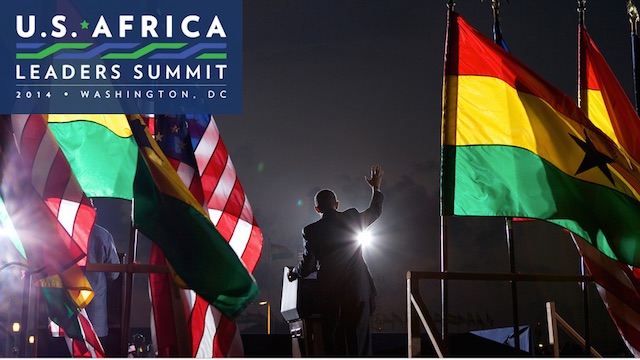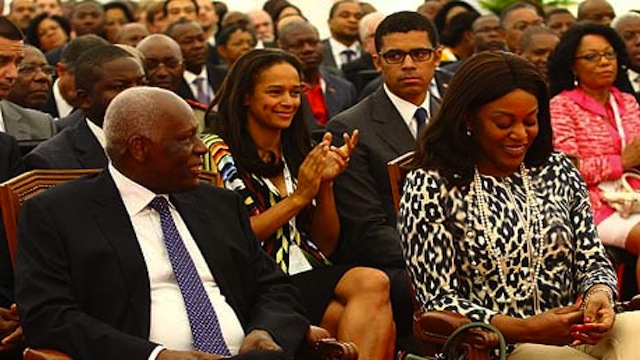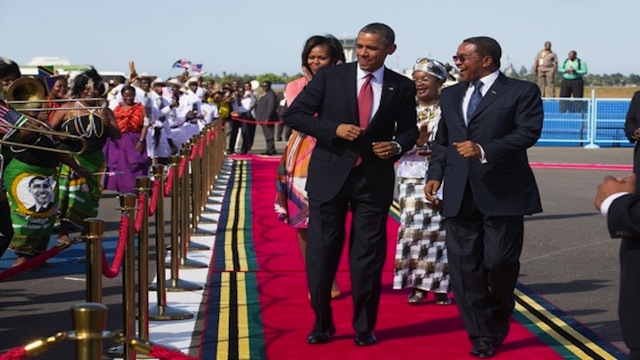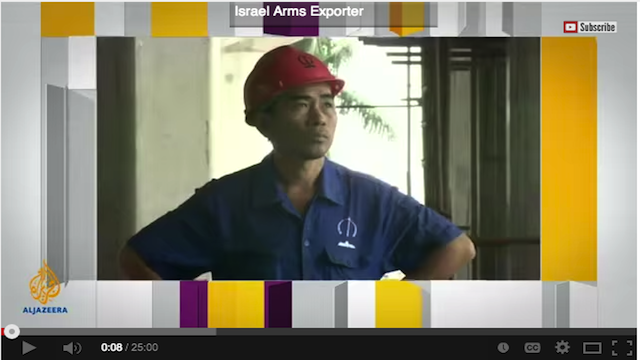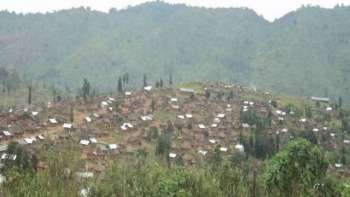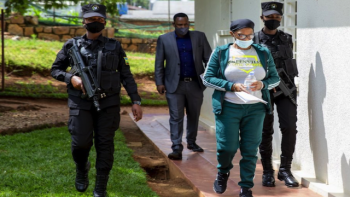African presidents and dictators have started to arrive in Washington, DC to attend the US -Africa Summit convened by US President Barack Obama. Close to 50 African leaders are expected in this largest ever gathering of African leaders in Washington.
Economy
Dos Santos' Angola: The Remarkable Recovery After Years of Civil War
Angolan President Jose Eduardo Dos Santos is one of the longest serving African leaders. The 71 years old leader, in power since 1979, has said that this is his last term in office. Rights groups and independent observers have accused him of personalized and autocratic rule and sometimes of corruption. His daughter, the businesswoman and investor Isabel Dos Santos considered by Forbes to be the richest woman in Africa and the most powerful and richest woman in her country. She owns several businesses in Angola, Portugal, and the Netherlands. But although she appears to have benefited from being the first daughter of Angola, those close to her do not question her business acumen and her entrepreneurial spirit since she graduated from the UK elite school of King's College.
It is that spirit that appears to have prevailed in Angola since the country emerged from decades of civil war.
Is Africa the Next Destination For World Investors
Over the last two decades, the World international investors have focused on BRIC (Brazil, Russia, India, and China). During the two decades, the economies of the four BRIC countries have grown to unparalleled levels.
China has now become the second World largest economy, behind the United States, and ahead of Germany.Then, the 2008-2012 economic crisis hit. Investors had to take another look at their priorities, including evaluating their BRIC strategy. China has managed
China in Africa - investment or exploitation | Inside Story | Al Jazeera English
China in Africa: investment or exploitation?
Premier Li Keqiang shrugs off problems as "growing pains" and says relationship is based on equality and mutual benefit.
China's Premier Li Keqiang is making his first visit to Africa since taking office last year. The week-long trip will take him to Ethiopia, Nigeria, Angola and Kenya.
China is investing billions of dollars in Africa but Beijing has been accused of exploiting the continent's vast mineral and energy resources, at the expense of local people. Premier Li has dismissed talk of any problems as "growing pains" and "isolated incidents".
China has been Africa's biggest trade partner since 2009. Bilateral trade stood at just under $11bn in 2000, by 2006 this figure had jumped to nearly $60bn and last year bilateral trade had soared to $210bn.
Chinese investment in African countries has also risen some thirty fold in the past ten years. Foreign direct investment went from $500mn in 2003 to almost $15bn by 2012. And last year, China pledged $20bn in loans for infrastructure development.
Premier Li called on Chinese companies to "shoulder responsibility" for local communities in Africa, adding: "I wish to assure our African friends in all seriousness that China will never pursue a colonialist path like some countries did or allow colonialism, which belonged to the past, to reappear in Africa."
But what is at stake for African countries, and who stands to gain the most from the China-Africa relationship?





